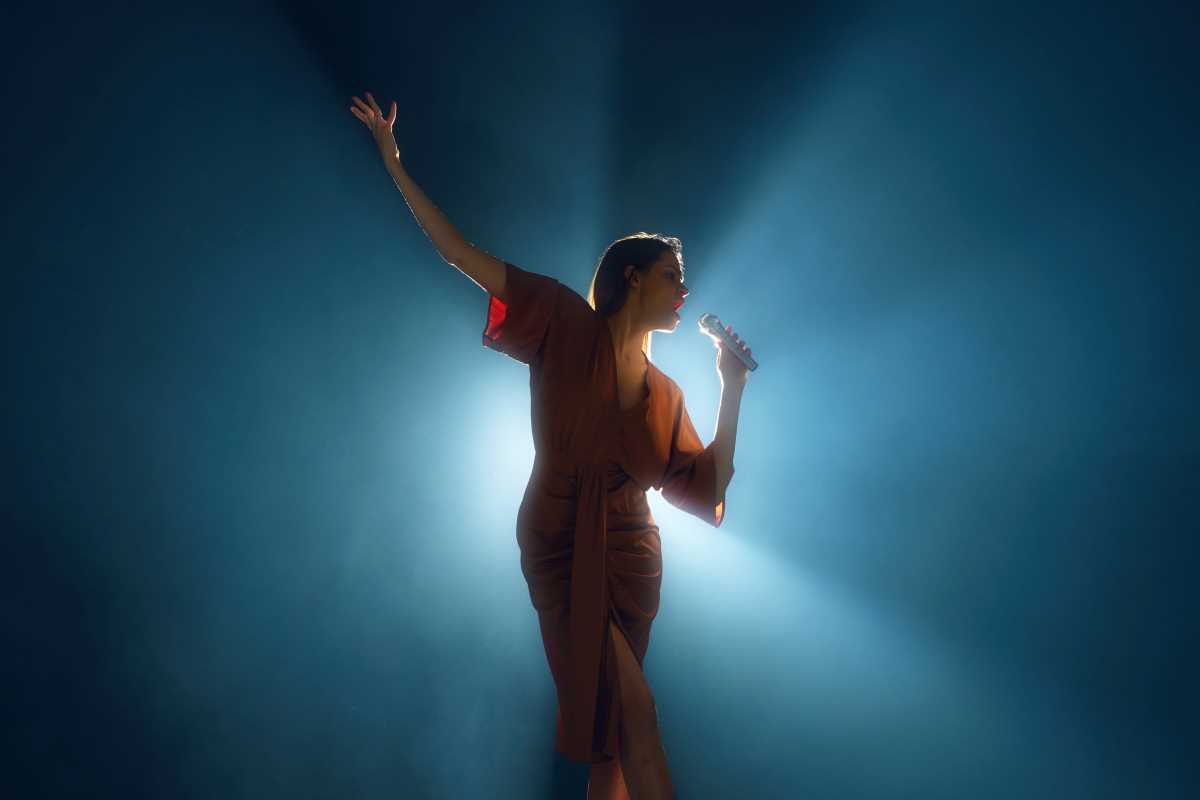The film industry is undergoing an exciting transformation, and a new wave of directors is leading the charge. These creatives are upending traditional practices, giving fresh perspectives, tackling underrepresented stories, and experimenting in ways that excite audiences worldwide. Their vision goes beyond making films that entertain. They challenge, inspire, and linger with us long after the credits roll. Let's spotlight some of these trailblazers and how they’re reshaping the way we think about storytelling and cinema.
Greta Gerwig
Greta Gerwig has spent years crafting her distinctive storytelling style, and her thoughtful, deeply personal work has catapulted her to the forefront of modern filmmaking. Her debut as a director came with Lady Bird (2017), a coming-of-age tale that felt simultaneously intimate and universal. By beautifully navigating the complexity of relationships between mothers, daughters, and friends, Gerwig showcased both heart and realism.
She followed this with her masterstroke Little Women (2019), reimagining the 19th-century novel through a modern lens. Gerwig retained historical accuracy while using bold narrative techniques, such as nonlinear storytelling and nuanced character development, to breathe fresh life into the classic story. Her vibrant direction highlights themes of female ambition, agency, and resilience, cementing her as a filmmaker whose work resonates across generations.
Barry Jenkins
Barry Jenkins turned heads with his powerful, poetic storytelling in Moonlight (2016), a film that chronicles one man's life while grappling with identity, love, and masculinity. What makes Moonlight truly exceptional is its specificity. Jenkins draws universal emotions from deeply personal experiences, centering the story on Black, queer, and impoverished voices. This approach allowed audiences from vastly different backgrounds to connect with the film on an emotional level.
Jenkins’ visual style and use of color amplify the emotion of his narratives. His follow-up, If Beale Street Could Talk (2018), continued to spotlight marginalization and love in a story of systemic injustice. Jenkins has proven time and again that cinema can act as a bridge for empathy, bringing audiences closer to the realities of lives they might never otherwise experience.
Chloé Zhao
With her unflinching realism and emotional depth, Chloé Zhao has become one of the most highly regarded filmmakers of her generation. Her acclaimed film The Rider (2017) focused on a cowboy navigating his identity and purpose after a devastating injury. But Zhao’s monumental achievement came with Nomadland (2020), a poignant look at America’s modern nomads.
Blending fiction and nonfiction, Zhao cast real-life nomads alongside Frances McDormand, creating an authentic portrayal of life on the fringes of society. While Nomadland was praised for capturing the resilience of America’s forgotten workers, it faced criticism for romanticizing aspects of poverty. Balancing this perspective is Zhao's intention: to showcase the dignity and humanity these communities maintain amidst hardship. With Eternals (2021), Zhao brought her humanistic lens to the Marvel Cinematic Universe, proving she can balance blockbuster grandeur with deeply personal storytelling.
Jordan Peele
Jordan Peele took the film world by storm with Get Out (2017), an innovative thriller that layered biting social commentary on race within the framework of psychological horror. The film sparked vital conversations about privilege and systemic racism while thrilling audiences, winning Peele an Academy Award for Best Original Screenplay.
Peele excels in creating stories that both entertain and provoke thought. His increasingly ambitious follow-ups, Us (2019) and Nope (2022), continued to explore themes of identity, societal dysfunction, and our relationship with spectacle. By infusing genre cinema with significant cultural conversations, Peele redefined what horror can be, making it a powerful avenue for reflection and change.
Ari Aster
Ari Aster has brought a distinct perspective to horror with Hereditary (2018) and Midsommar (2019). His debut, Hereditary, melded horror with familial drama, creating a devastating examination of grief and trauma that Aster himself described as a tragedy "curdling into a nightmare." The film’s harrowing story and psychological depth left audiences unsettled long after the credits rolled.
Aster’s Midsommar, a vibrant yet unsettling depiction of a Swedish village’s pagan rituals, flipped the genre’s typical shadowy settings in favor of bright daylight. By centering its horror on psychological and cultural disorientation, Aster continues to push the boundaries of what horror can achieve, turning his lens inward to explore our emotions and relationships.
Taika Waititi
Taika Waititi might best be described as the king of irreverence, bringing wit, warmth, and unexpected depth to his films. From the quirky absurdity of What We Do in the Shadows (2014) to the Oscar-winning Jojo Rabbit (2019), his work often marries humor with heavy themes like love, conformity, and resistance.
With Jojo Rabbit, Waititi tackled the taboo subject of World War II Nazis, making Hitler an imaginary, bumbling figure. This decision, as Waititi explained, was intentional, designed to strip Hitler of any gravitas or respect. At its heart, the film is a satire of hate and propaganda, one that promotes empathy and critical thought. Waititi also reinvigorated the superhero genre with Thor: Ragnarok (2017), combining humor and visual flair to breathe life into the Marvel franchise.
Ava DuVernay
Ava DuVernay is a director who is a voice of social change. Her breakthrough moment came with Selma (2014), chronicling the civil rights march led by Martin Luther King Jr. The film is often praised for its emotional power and historical accountability.
DuVernay also expanded the scope of her storytelling with the Netflix series When They See Us (2019), a gripping exploration of the Central Park Five’s wrongful conviction. Her impact goes beyond storytelling. As the founder of ARRAY, DuVernay champions diversity in film, amplifying voices that have been historically sidelined. Beyond her own work, she’s transforming Hollywood by broadening representation and opportunity.
Robert Eggers
Few storytellers are as meticulous or visionary as Robert Eggers. His debut, The Witch (2015), ushered audiences into 17th-century New England with its rich historical detail and psychological tension. Eggers brought the same intense authenticity to The Lighthouse (2019), a surreal two-man drama that turned isolation into a chilling exploration of sanity.
Eggers scaled his vision with The Northman (2022), a Viking epic steeped in mythology and history. By committing to historical verisimilitude and narrative nuance, Eggers crafts films that feel both immersive and timeless, offering viewers a chance to literally step into the past.
The future of cinema is brighter with their vision. Whether through intimate dramas, visually stunning spectacles, or emotionally unsettling narratives, these directors prove that storytelling is as vital and inspiring as ever. Their work not only entertains but also challenges us, expands our perspectives, and ensures that the magic of film remains timeless.







